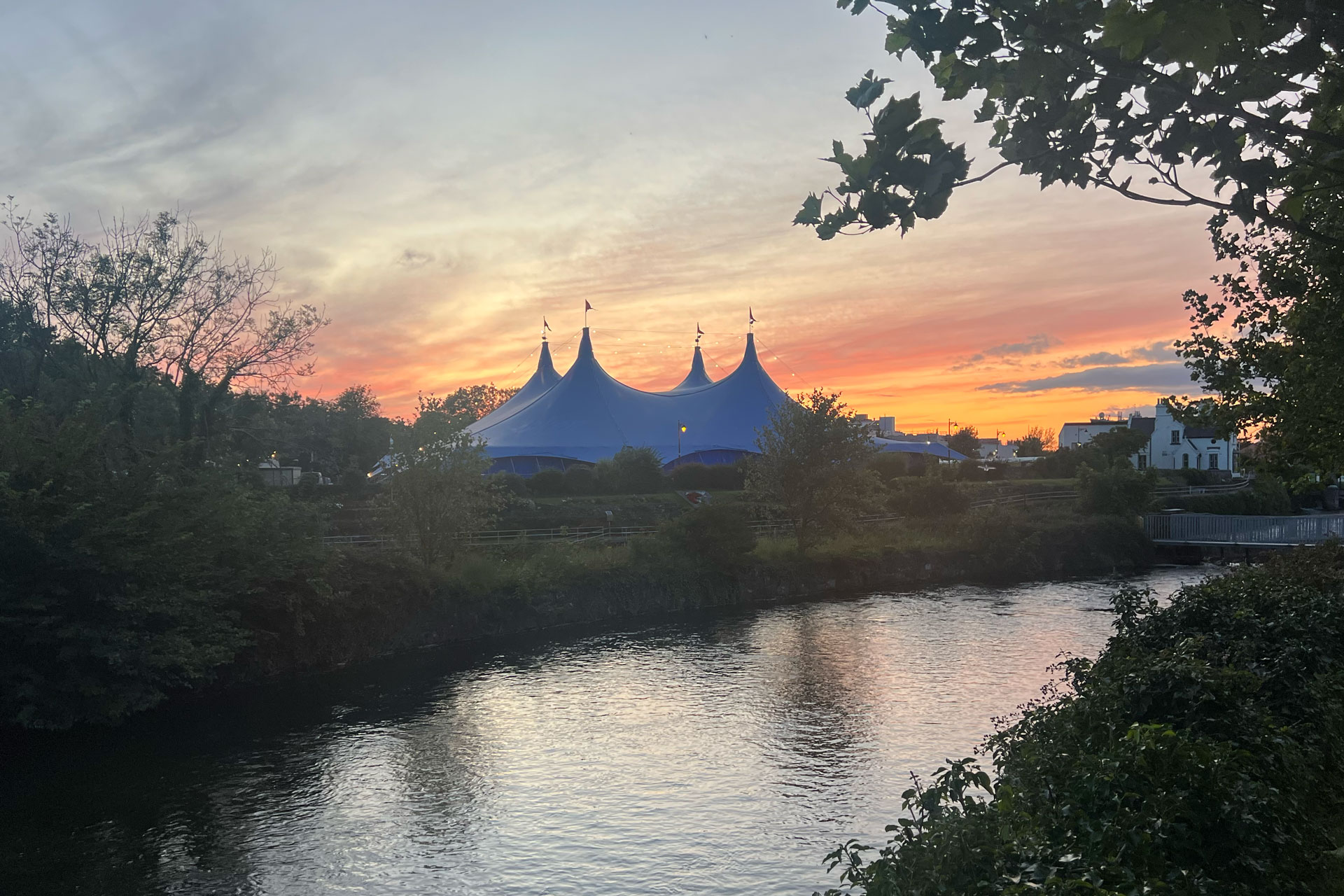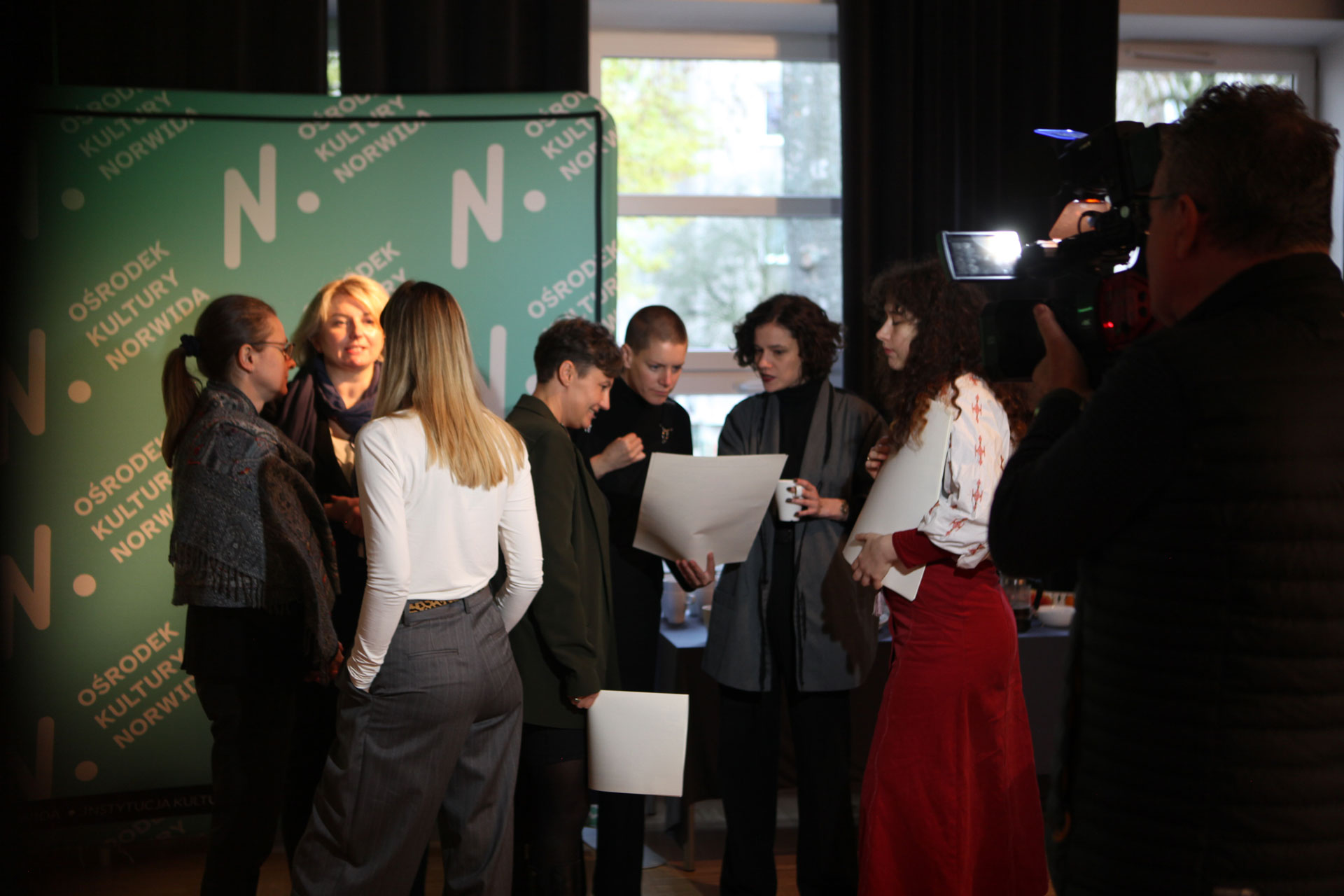From co-research to co-ownership: Conceiving of the climate transition as a collective threat that demands collective responses
PACESETTERS develops a model to boost artistic and creative entrepreneurship across sectoral divides. It draws from the principles and experiences of state-of-the-art pre-accelerator programs, build on the preliminary outcomes of the Creative Case Studies and test them as experiments in three Real-World Laboratories. As a tailor-made laboratory format for the CCIs, fully embedded in local and social contexts, PACESETTERS real-world laboratories foster capacities to continuously learn from and feedback on real-world issues.
This approach allows for the exploration and assessment of the specific constraints and potentials of creative communities and networks to explore and practically experience the pre-conditions for change on systems level. Real-World Laboratories also provide possibilities to investigate social dynamics on a micro-level in order to learn what drives change beyond (or beside) profit, such as climate justice, community building, a sense of belonging, mutual care and aspiration.
Pre-accelerator programs have emerged over the past two decades as an upstream format responding to structural needs to encourage aspiring entrepreneurs in the early stages of their business development. Pre-accelerator programs aim at supporting the idea stage of development with a strong educational component, a focus on teamwork, and having positive impact on the ecosystems around them. Participants start with (or without) scattered ideas that change and evolve during the program. Most often they can enter individually, and teams are formed from interactions within the cohort.
The PACESETTERS Real-World Laboratories are designed as proof of concept, translating the entire bandwidth of participatory practices into specific local contexts in order to develop collective responses to the climate crisis — through strategies of collocation, cooperation and collaboration.
Independently of local agendas, the labs will also overcome specific methodological challenges by co-creating indicators to counter inappropriate or suboptimal evaluation methodologies in place. They are supposed to stress-test and articulate, at an early stage, potentially critical or disruptive impacts of new technologies and heritage skills. Furthermore, it requires extra-efforts beyond the funding of this research project to address challenges related to precarious conditions and the short life cycles of project frames.
PACESETTERS initiates, develops and stress-tests three pre-accelerator programs in its rReal-World Laboratories across Europe. Rather than serving the needs of a metropolitan “creative class,” though, these labs will be established in three diverse settings at the margins of the hegemonic discourses about innovation and entrepreneurship and at the forefront of the climate crisis, in areas that are experiencing wildfires, drought, rising sea levels and forced migration.



